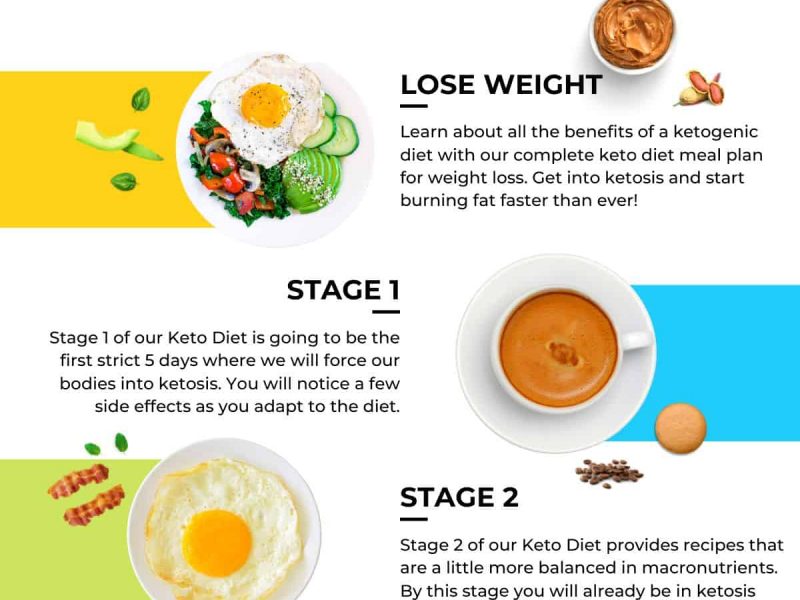Introduction
Ketones, the latest craze in the health and wellness industry, has experienced a sudden surge in popularity.
There is a great deal of mystery around ketones and what they are, as well as the potential benefits they offer.
In this article, we will make a deep dive into the science behind ketones, from their chemical structure to their health benefits, and examine the pros and cons of the ketone diet.
We will also explore the potential of the ketone trend and what it might mean for the future.
Unlocking the Mysteries of Ketones: An Exploration
Ketones, also known as ketone bodies, are molecules that are produced when the body breaks down fat for energy.
This process, also known as ketosis, occurs when the body is in a state of nutritional deficiency and is unable to obtain enough carbohydrates from the diet.
Ketones are produced in the liver when glycogen, or stored carbohydrates, is depleted. The most common type of ketone is acetoacetate.
Exploring the Chemistry Behind Ketones
Ketones are composed of three carbon atoms and a hydroxyl group, a negatively charged molecule essential for forming the ketone structure.
Ketones are further broken down into two main groups: beta-hydroxybutyrate (BHB) and acetoacetate, both of which are produced in the liver.
The main difference is that BHB has one more hydrogen atom than acetoacetate, making it more stable and energetic.

Unlocking the Health Benefits of Ketones
Ketones offer many potential health benefits, including weight loss, mental clarity, improved cognitive function, and increased energy. Studies suggest that ketone bodies may help reduce inflammation, reduce blood sugar levels, and improve insulin sensitivity.
It has also been suggested that ketones may have a protective effect on the heart and could play a role in preventing chronic diseases.
Understanding the Pros and Cons of the Keto Diet
The ketone diet, also known as the ketogenic diet, is a high-fat, low-carbohydrate diet.
This diet can help people lose weight quickly and has been linked to a range of potential health benefits, such as improved mental clarity, cognitive function, and increased energy. However, there are some potential drawbacks to the ketone diet.
For example, it can be difficult to adhere to and may cause some digestive issues, such as constipation or bloating. Additionally, due to its high-fat content, the ketone diet may not be recommended for people with certain medical conditions, such as diabetes, kidney disease, and certain types of heart disease.
The Future of the Ketone Trend: What’s Next?
The future of the ketone trend is uncertain, but it is clear that the potential health benefits of ketones have sparked a great deal of interest.
More research is needed to explore the potential of ketones and the safety of the ketone diet. Additionally, further studies are being done to understand better ketones’ metabolic pathways and their role in weight loss and disease prevention.
Conclusion
Ketones have been described as a floating miracle, and they may be the key to unlocking many of the mysteries of health and the human body. Understanding the science behind ketones and the pros and cons of the ketone diet is essential for unlocking their potential health benefits.
As research continues to evolve, the potential of ketones may become clearer, and the ketone trend may gain more traction in the future.


